Docker is a containerization technology that is used to streamline application development and deployment. It allows you to create, deploy, and run applications using containers instead of virtual machines.
By using this approach, you can increase the efficiency of your infrastructure and improve the performance of your applications.
Some of the key benefits of using Docker for application hosting include increased scalability, faster deployments, and simplified management. Additionally, Docker makes it easier to manage complex applications and enables portability across different cloud platforms.
Overall, if you are looking for an efficient way to host your applications in the cloud, Docker is worth considering.
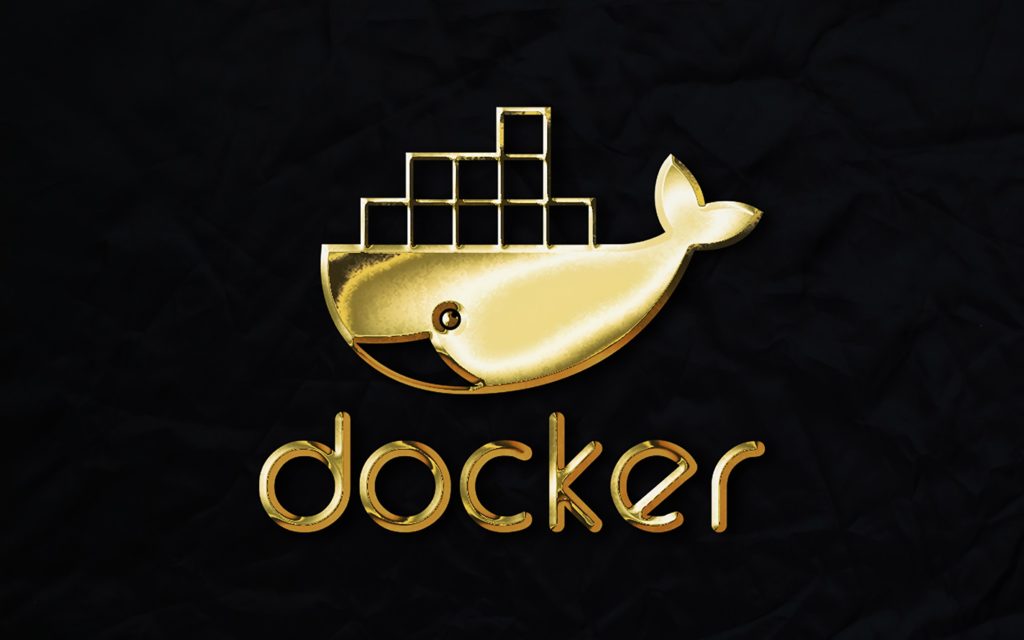
In this article, we have shared the 10 best docker hosting providers and how to choose the right one for your needs.
1. Docker Cloud
Docker Cloud is one of the leading providers of docker hosting, offering a comprehensive platform that makes it easy to build, manage, and deploy applications across multiple clouds and regions.
Some key features of Docker Cloud include integrated container management, team collaboration tools, enterprise-grade security, and 24/7 support. Additionally, this provider has a high degree of customer satisfaction, with users praising its powerful features and intuitive interface.
2. DigitalOcean
DigitalOcean is a popular choice for docker hosting, with a comprehensive platform that includes tools for managing containers and clusters.
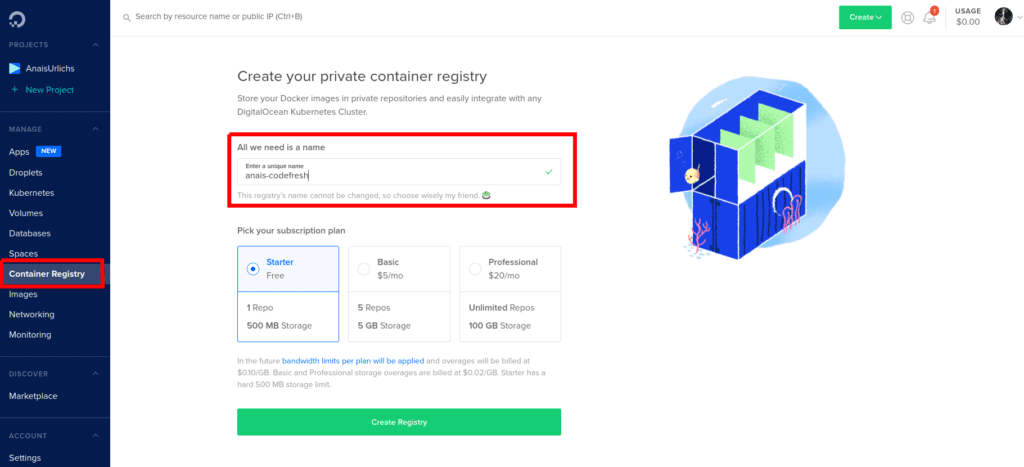
Additionally, this provider offers built-in support for several popular application frameworks, including Django and Python. Overall, DigitalOcean is a solid choice if you are looking for an easy-to-use platform that enables rapid application deployment and scaling.
3. Hostinger
Hostinger is another top provider of docker hosting, with a comprehensive platform that makes it easy to deploy and manage applications across multiple hosts.
Some of the key features of Hostinger include high levels of performance and reliability, flexible plans and pricing options, 24/7 support, and more. Additionally, this provider offers built-in support for many popular application frameworks and databases, which makes it easy to deploy and manage your docker applications.
4. Amazon Web Services (AWS)
Amazon Web Services (AWS) is another top provider of docker hosting, offering a comprehensive suite of services that include container management and orchestration, security monitoring, configuration management, and more. With AWS, you can easily scale your deployments to meet changing demands, while enjoying top-notch performance and reliability. Additionally, this provider is known for its high levels of customer support and easy-to-use interface.
5. Microsoft Azure
Microsoft Azure is another popular choice for docker hosting, offering flexible deployment options and a wide range of services that include container management, container registry, network protection, and more. Additionally, this provider offers built-in support for many popular open-source tools and frameworks, which makes it easy to customize your deployments. Overall, Azure is a solid choice if you are looking for an intuitive and powerful platform for hosting docker applications.
6. Google Cloud Platform
Google Cloud Platform is another top provider of docker hosting, with a range of features that make it easy to deploy and manage complex applications. This provider offers a wide selection of services, including container management, image repository, log monitoring, and more. Additionally, the Google Cloud Platform is well-known for its powerful analytics tools and enterprise-grade security features.
7. Serverless
Serverless is a popular choice for hosting docker applications, with a comprehensive platform that enables rapid application deployment and scale. Some of the key features of Serverless include built-in support for many popular frameworks and databases, an intuitive interface, 24/7 support, and more. Additionally, this provider offers powerful analytics and data visualization tools, which make it easy to monitor your applications and troubleshoot potential issues. Overall, Serverless is a solid choice if you are looking for an intuitive platform that makes it easy to deploy, manage, and scale your docker applications.
8. Linode
Linode is another top provider of docker hosting, with a comprehensive platform that makes it easy to deploy and manage applications across multiple hosts. Some of the key features of linode include flexible plans and pricing options, high levels of performance and reliability, 24/7 support, and more. Additionally, this provider offers built-in support for many popular application frameworks and databases, making it easy to deploy complex applications.
9. Liquid web
Liquid web is a top provider of docker hosting, with a platform that enables users to quickly and easily deploy containerized applications on their infrastructure. Some key features of Liquid web include integrated network load balancing, built-in failover protection, high levels of performance and reliability, and more. Additionally, this provider offers 24/7 customer support via live chat or phone.
10. Docker Hub
Docker Hub is a popular choice for hosting docker applications, with a comprehensive platform that enables rapid application deployment and scale.
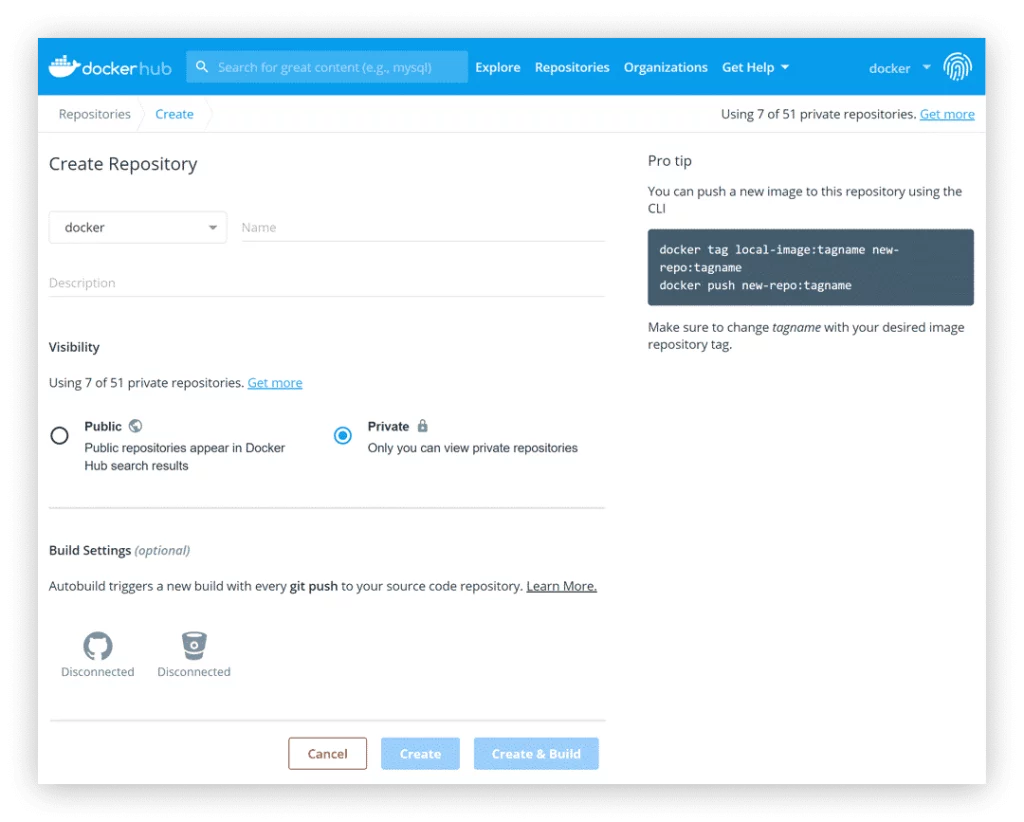
Some of the key features of Docker Hub include built-in support for many popular frameworks and databases, an intuitive interface, 24/7 support, and more. Additionally, this provider is well-known for its powerful analytics and data visualization tools, which make it easy to monitor your applications and troubleshoot potential issues. Overall, Docker Hub is a solid choice if you are looking for an intuitive platform that makes it easy to deploy, manage, and scale your docker applications.
How to choose the right provider for your needs
When it comes to choosing the right provider of docker hosting, there are several factors that you should consider. First and foremost, it is important to look at a provider’s range of features and plan offerings. You should also consider the level of performance and reliability offered by different providers – as well as their levels of customer support.

Additionally, you should consider the pricing and terms of service, as well as any additional features that are included in a provider’s plans.
When choosing a provider of docker hosting, it is also important to take into consideration the platform itself – including its ease of use and interface design. Overall, when selecting a provider for your docker needs, it is important to consider several factors – including your specific requirements and budget.
The pros and cons of using docker hosting compared to other options
One of the key benefits of using docker hosting is that it makes it easy to deploy and manage applications across multiple hosts. Additionally, by utilizing a containerized architecture, you can easily scale your applications as needed without having to worry about any compatibility issues between different hosts.
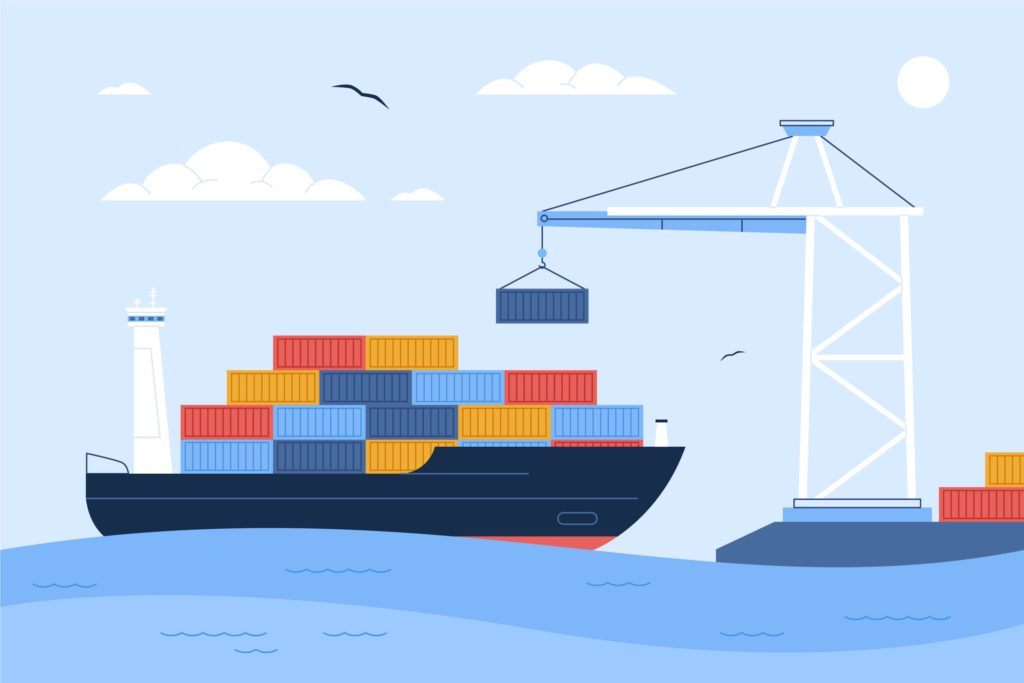
Another major benefit of using docker hosting is that this type of platform enables rapid deployment and scale – meaning that you can deploy new applications in a matter of minutes.
Additionally, docker hosting is well-known for its high levels of performance and reliability, making it an ideal choice if you are looking for a provider who offers high levels of speed and uptime.
However, there are also some drawbacks to using a docker hosting platform – including the fact that it can take some time to learn how to use this type of platform. Additionally, there may be some compatibility issues between incompatible libraries and applications.
Overall, when it comes to choosing a provider of docker hosting, you should carefully consider your specific needs and requirements – as well as any potential drawbacks associated with using this kind of service.
Tips for getting started with docker hosting
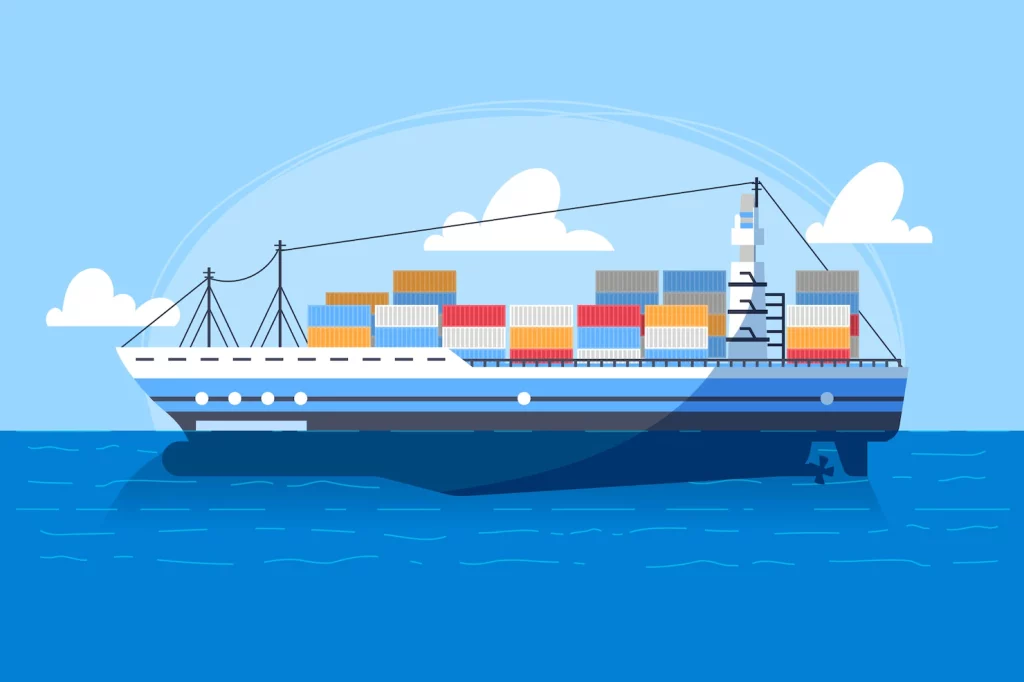
1. Set clear goals and objectives for your docker hosting project. It is important to define exactly what you want to achieve with your docker hosting platform, as well as any specific features or capabilities that are required to meet those goals. For example, do you need built-in support for certain application frameworks or databases? Is it important to have high levels of performance and uptime?
2. Research different providers to find the one that best meets your specific needs and requirements. There are many different options available when it comes to docker hosting platforms, so it is important to carefully compare the features, plans, and terms offered by different providers to find the one that is right for your project.
Some key factors to consider include pricing, plan offerings, customer support, and platform features like support for specific libraries or databases.
3. Consider any potential learning curves associated with using docker hosting. Although this type of platform is powerful and flexible, it can take time to learn how to use it effectively – especially if you are a beginner. Consider investing in online training or tutorials to help you get up to speed more quickly and efficiently.
4. Make sure that your hosting environment is secure and protected from potential attacks or intrusions. This is especially important if your docker platform will be handling sensitive data or other critical information. Always ensure that your provider has implemented robust security protocols and measures to keep your data safe.
5. Always plan for regular maintenance and updates, both on the part of your provider as well as yourself. Make sure that you are aware of any planned downtime or service outages in advance so that you can prepare accordingly and minimize any potential disruptions to your project or workflow.
Conclusion
Docker hosting is a powerful and flexible platform that enables organizations to quickly deploy and scale applications across multiple hosts. Many different providers are offering this type of service, so it is important to carefully consider your specific needs and requirements when choosing a provider.
Some key factors to keep in mind include performance, reliability, security, and cost. Additionally, it is important to plan for regular maintenance and updates, both on the part of your provider as well as yourself. With these tips in mind, you can successfully get started with docker hosting and take full advantage of all its benefits and capabilities.


